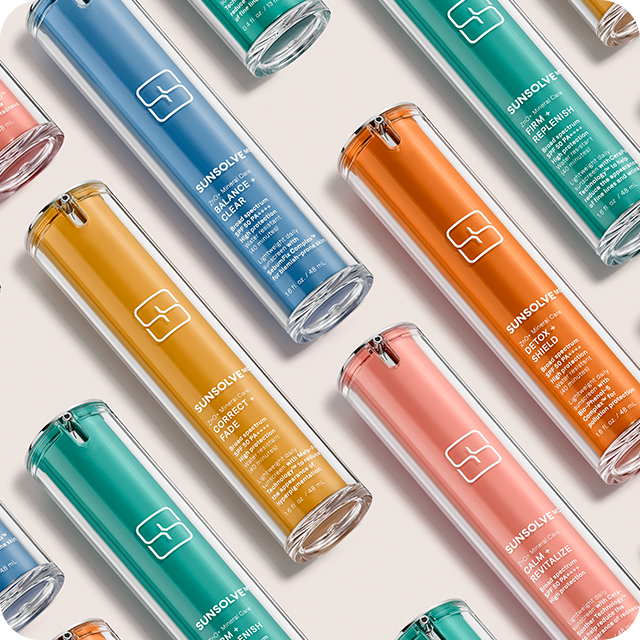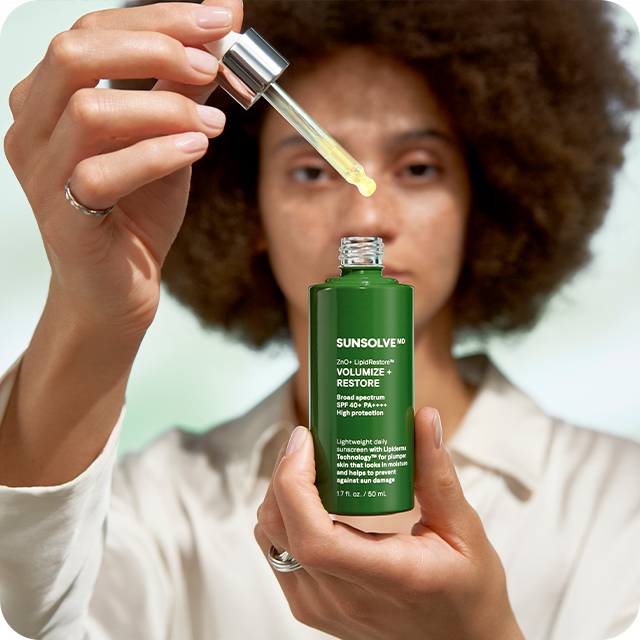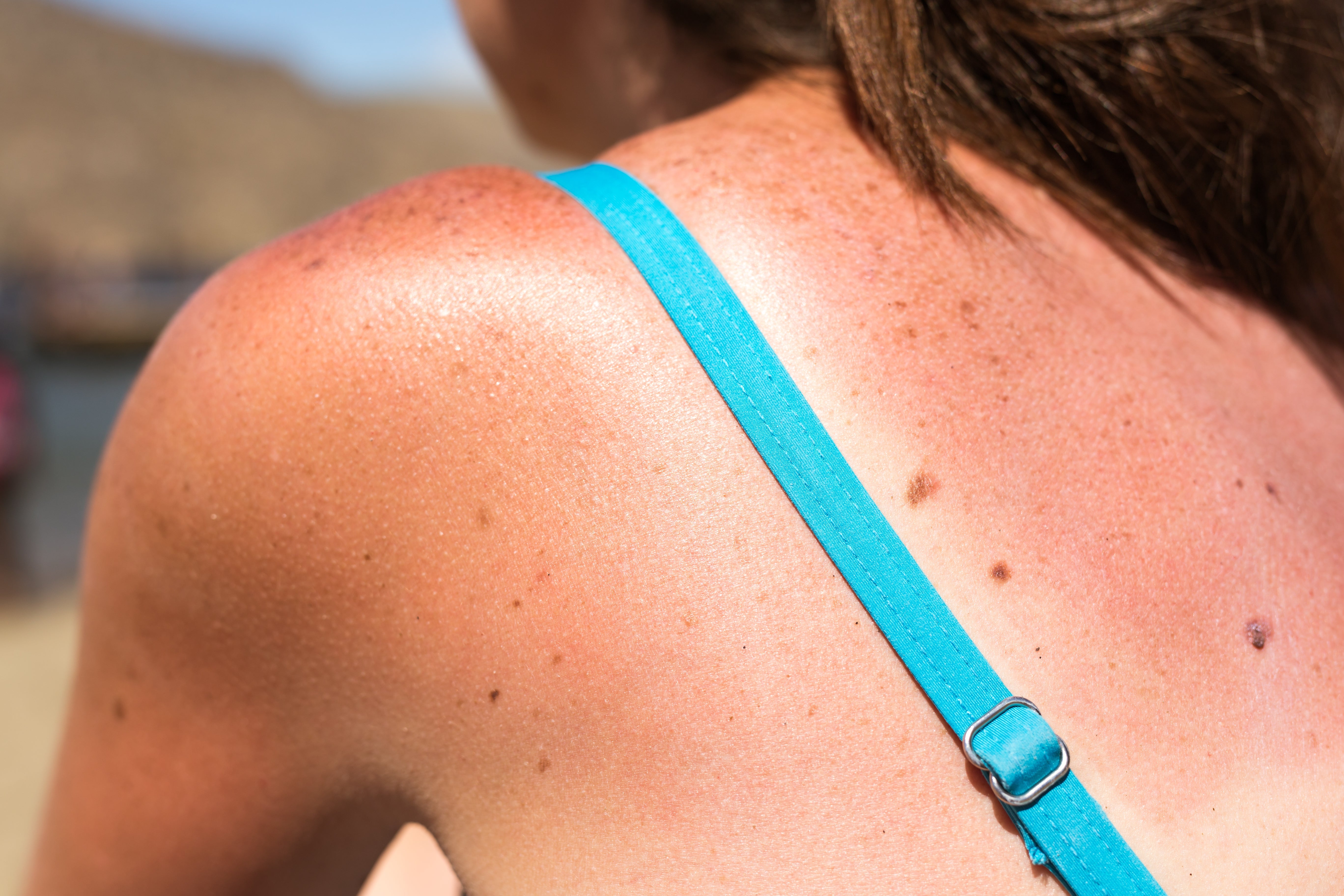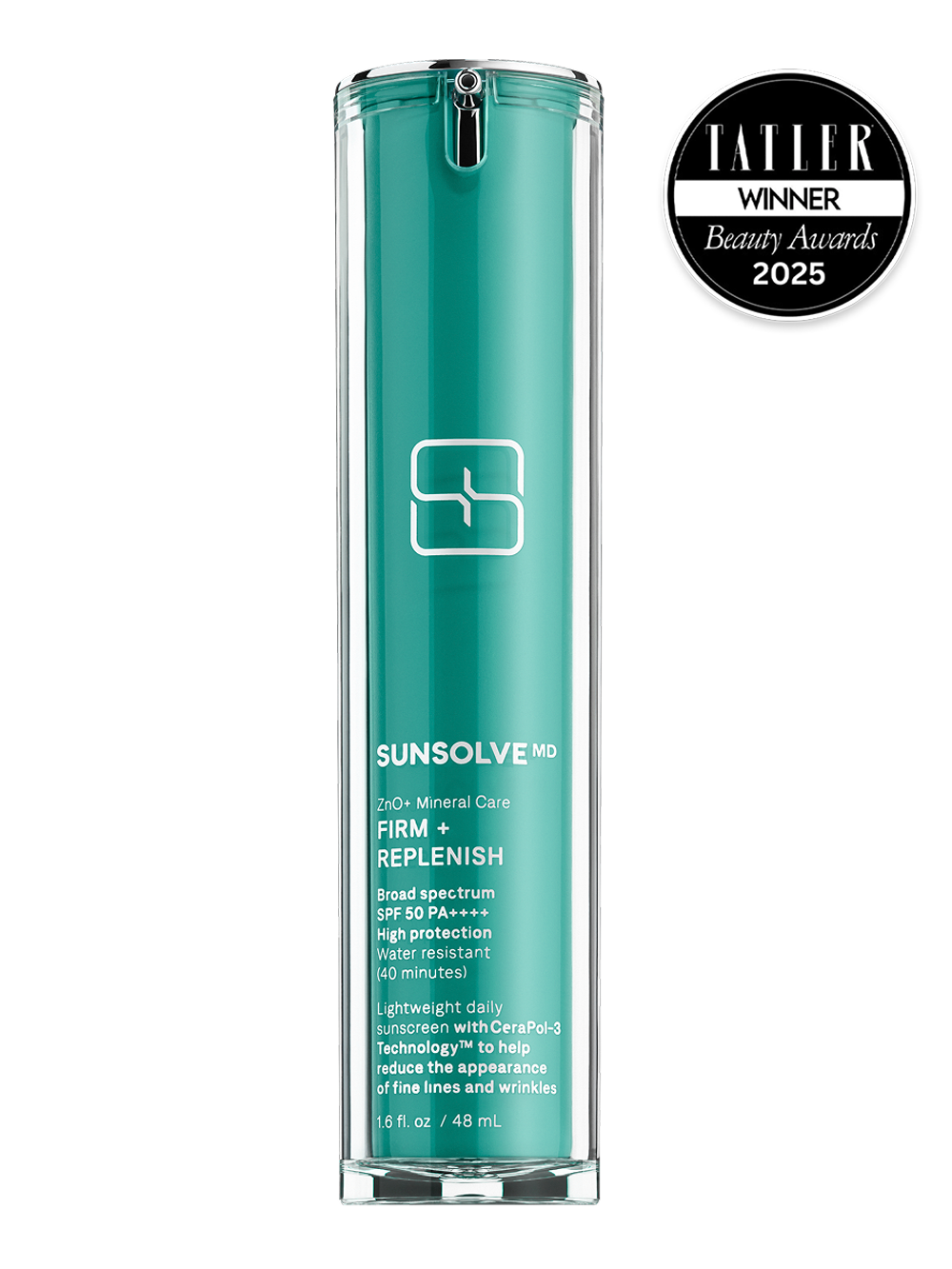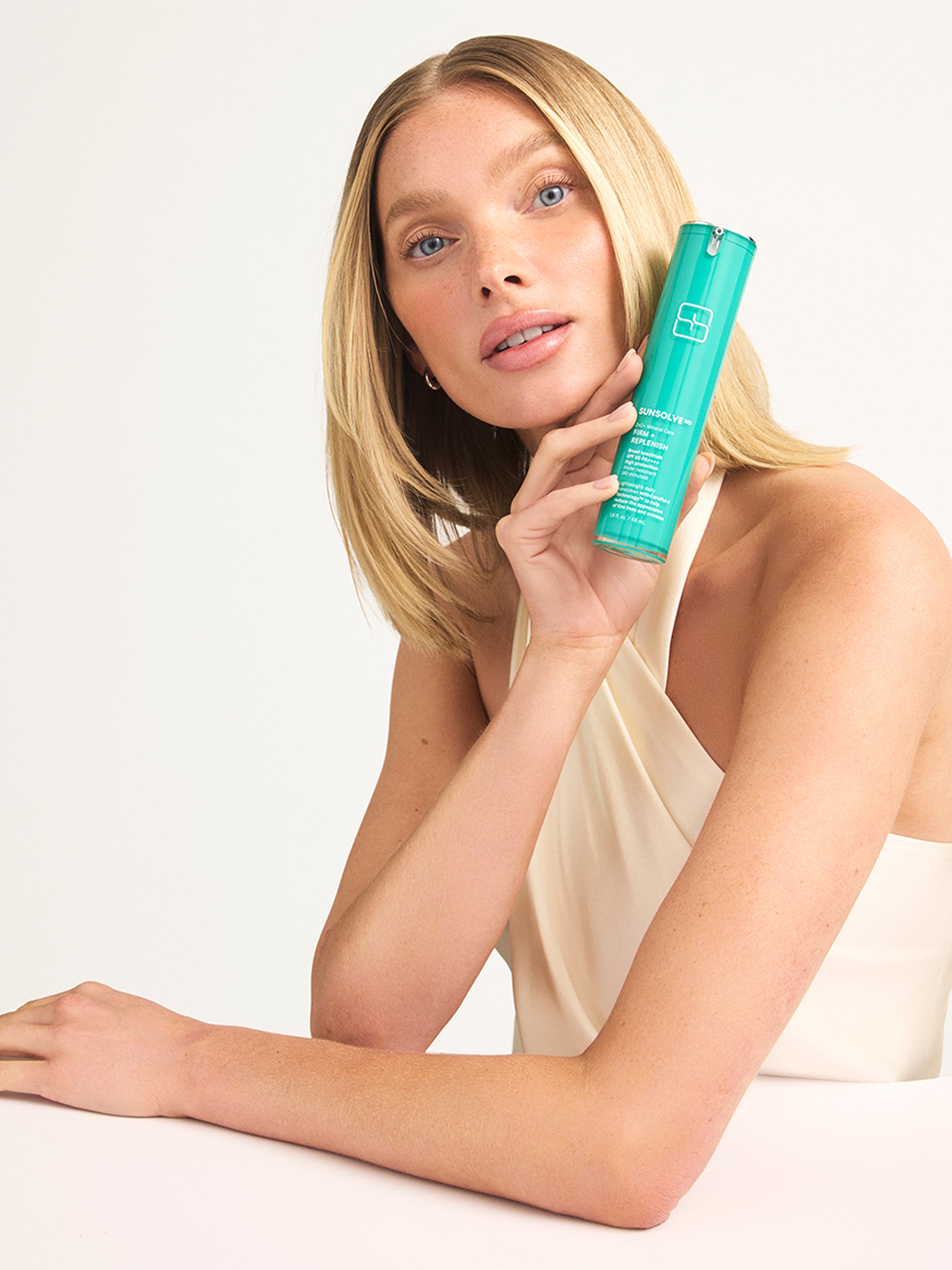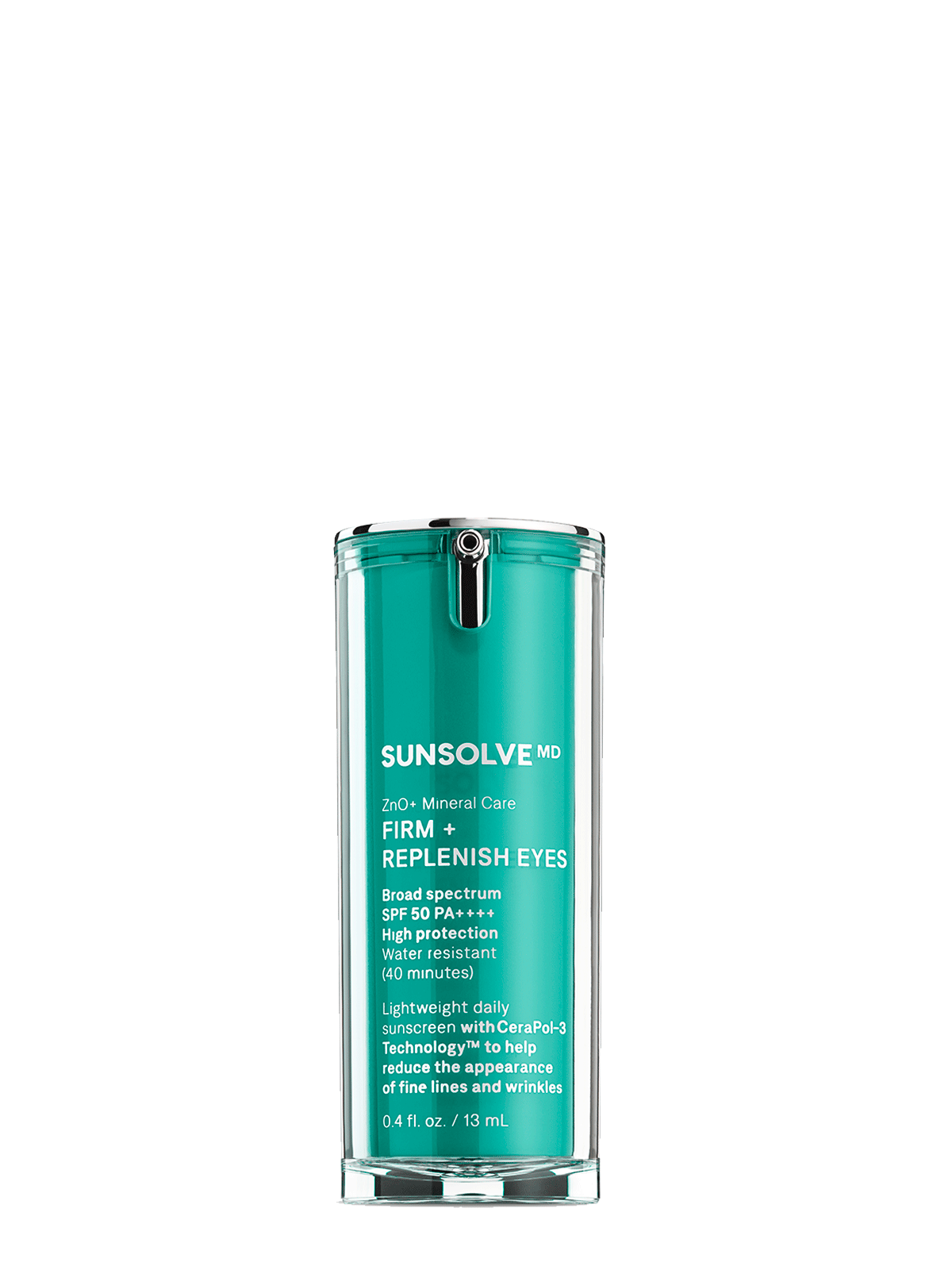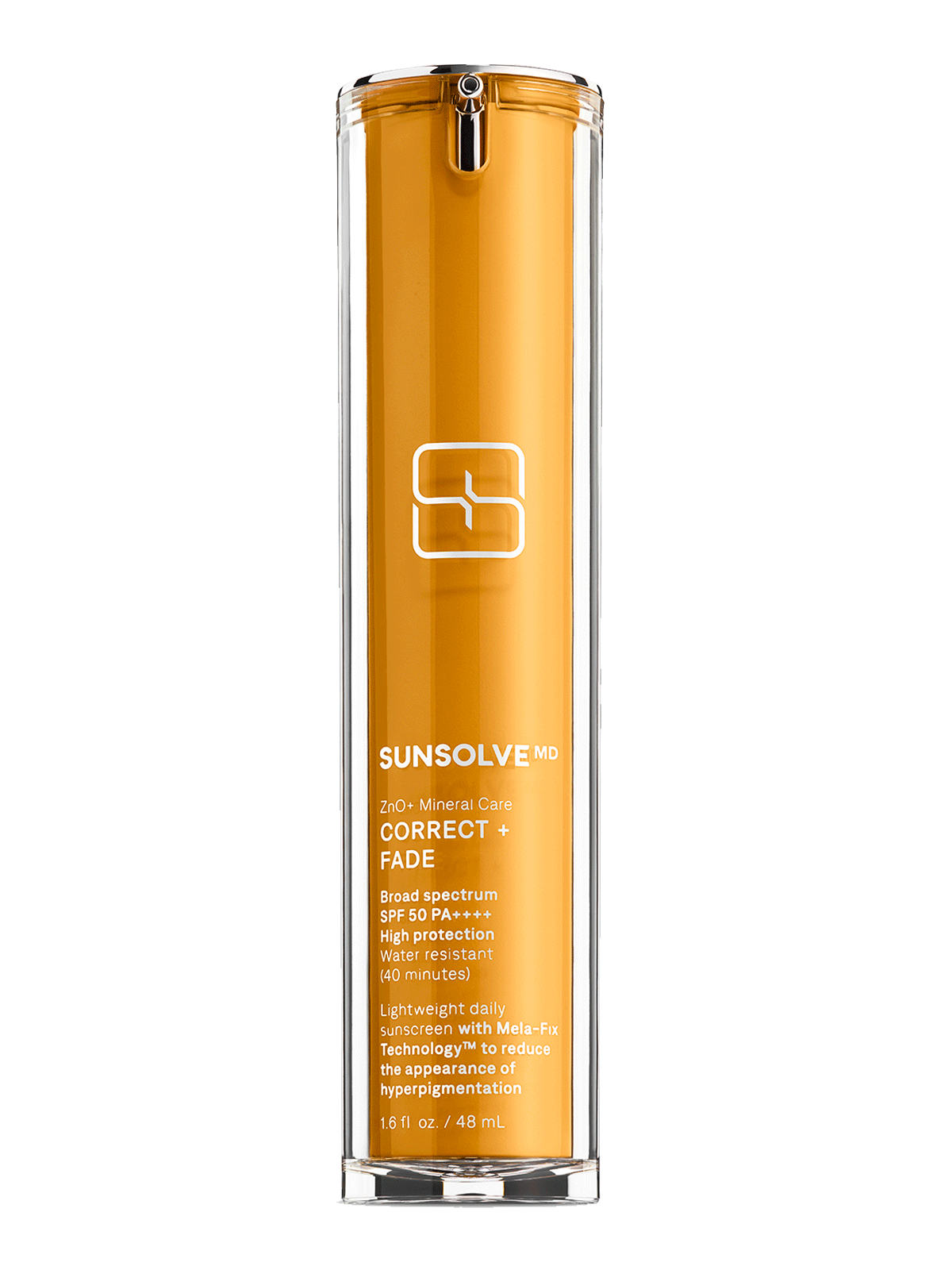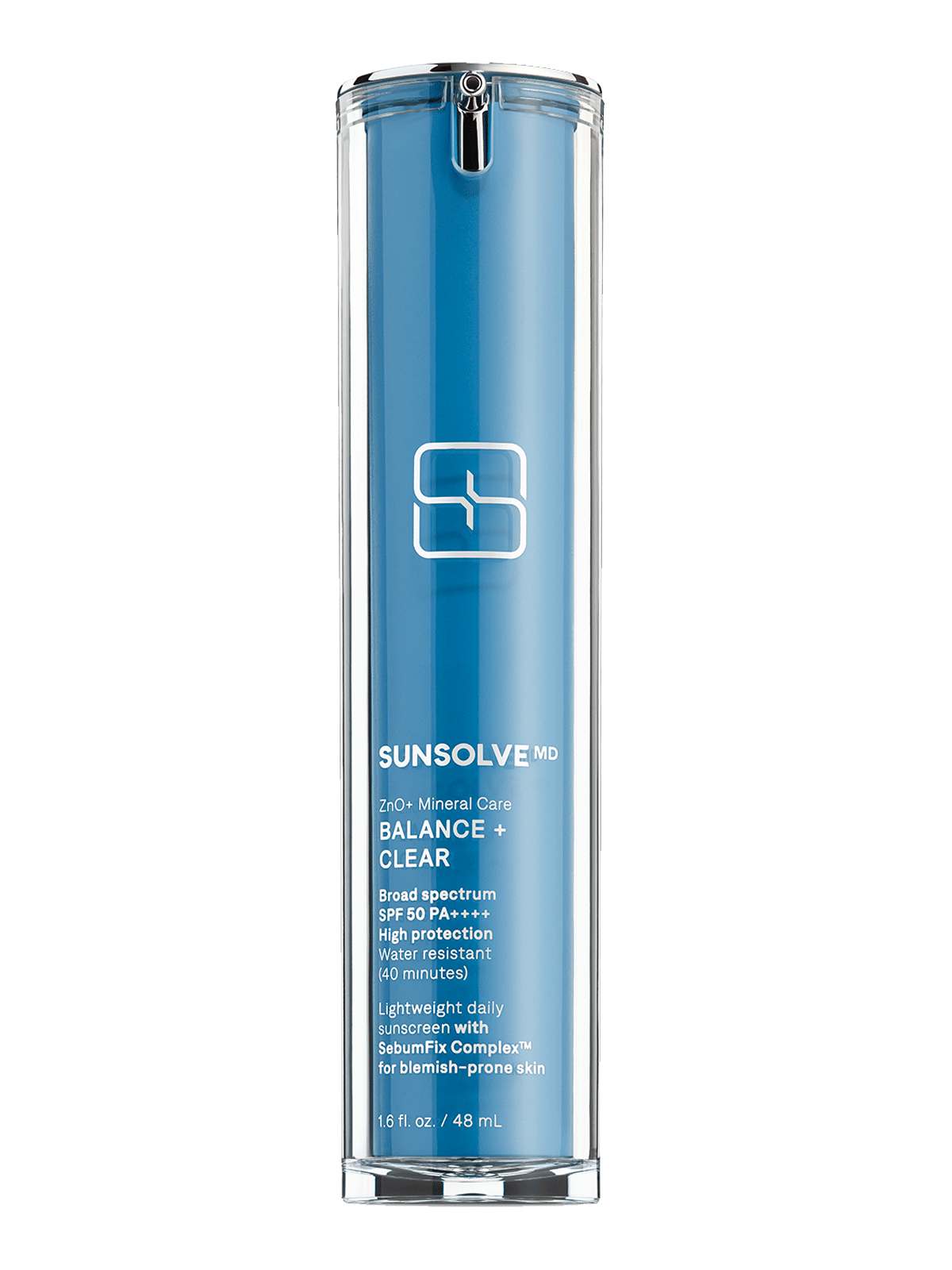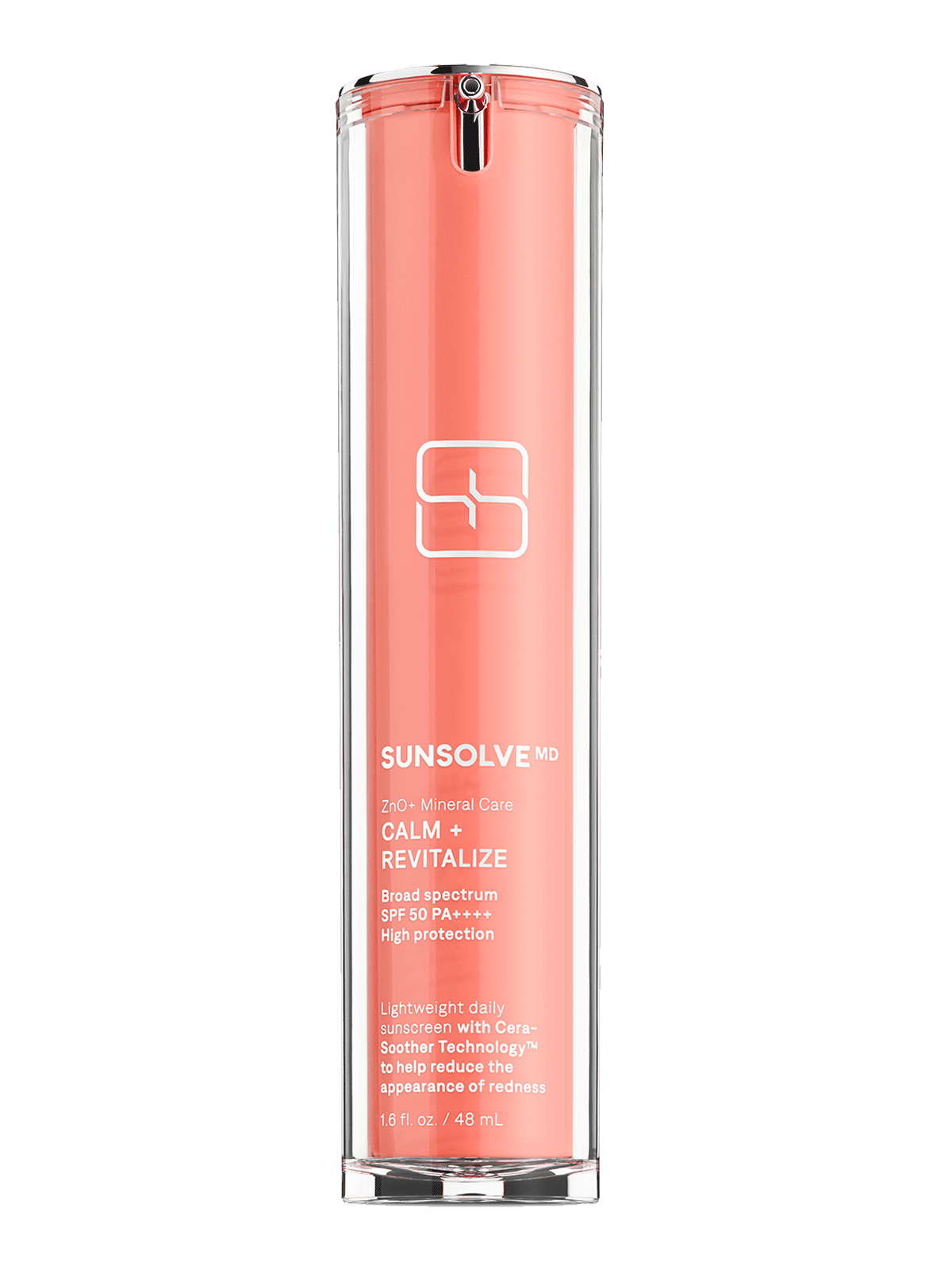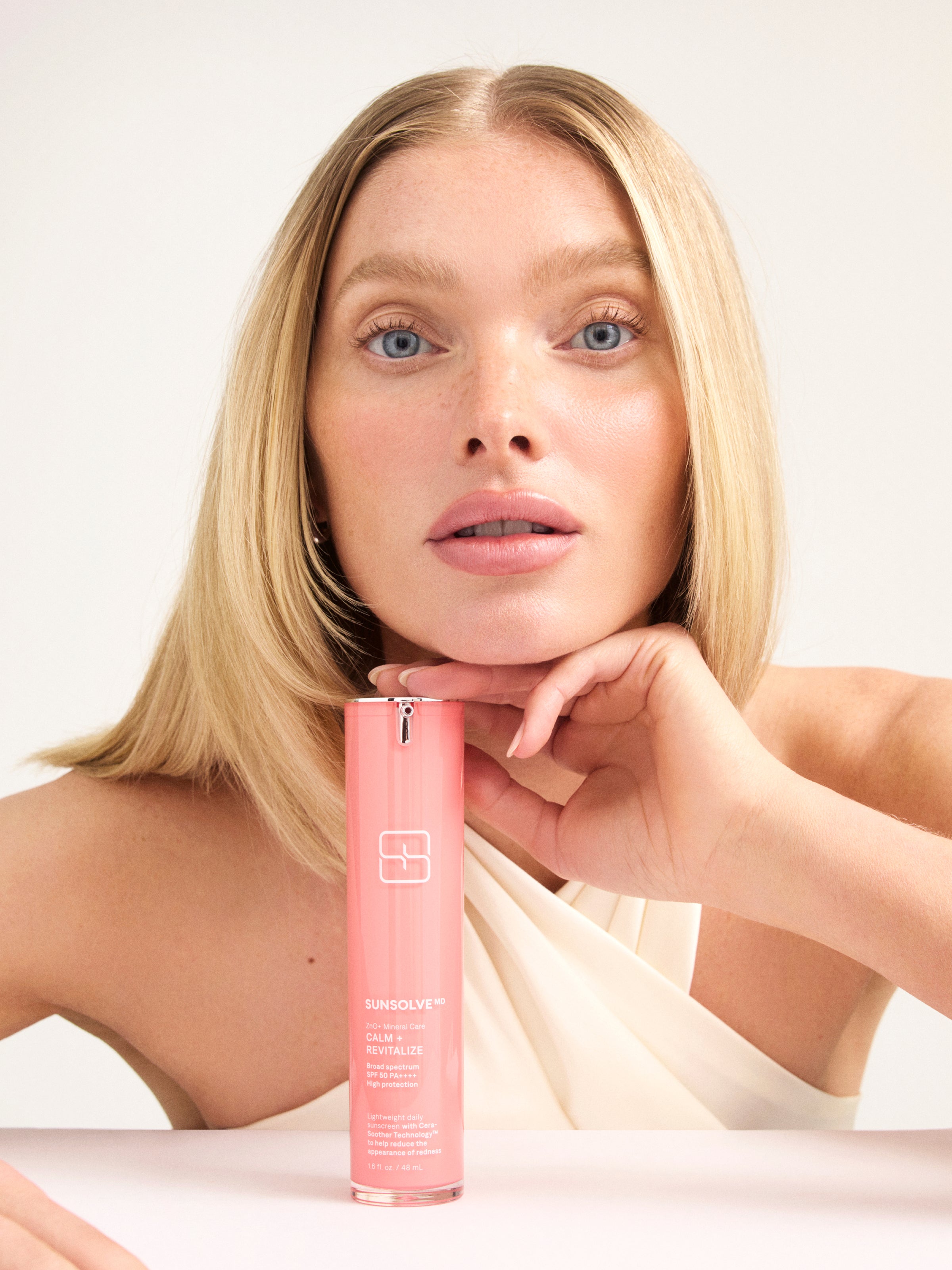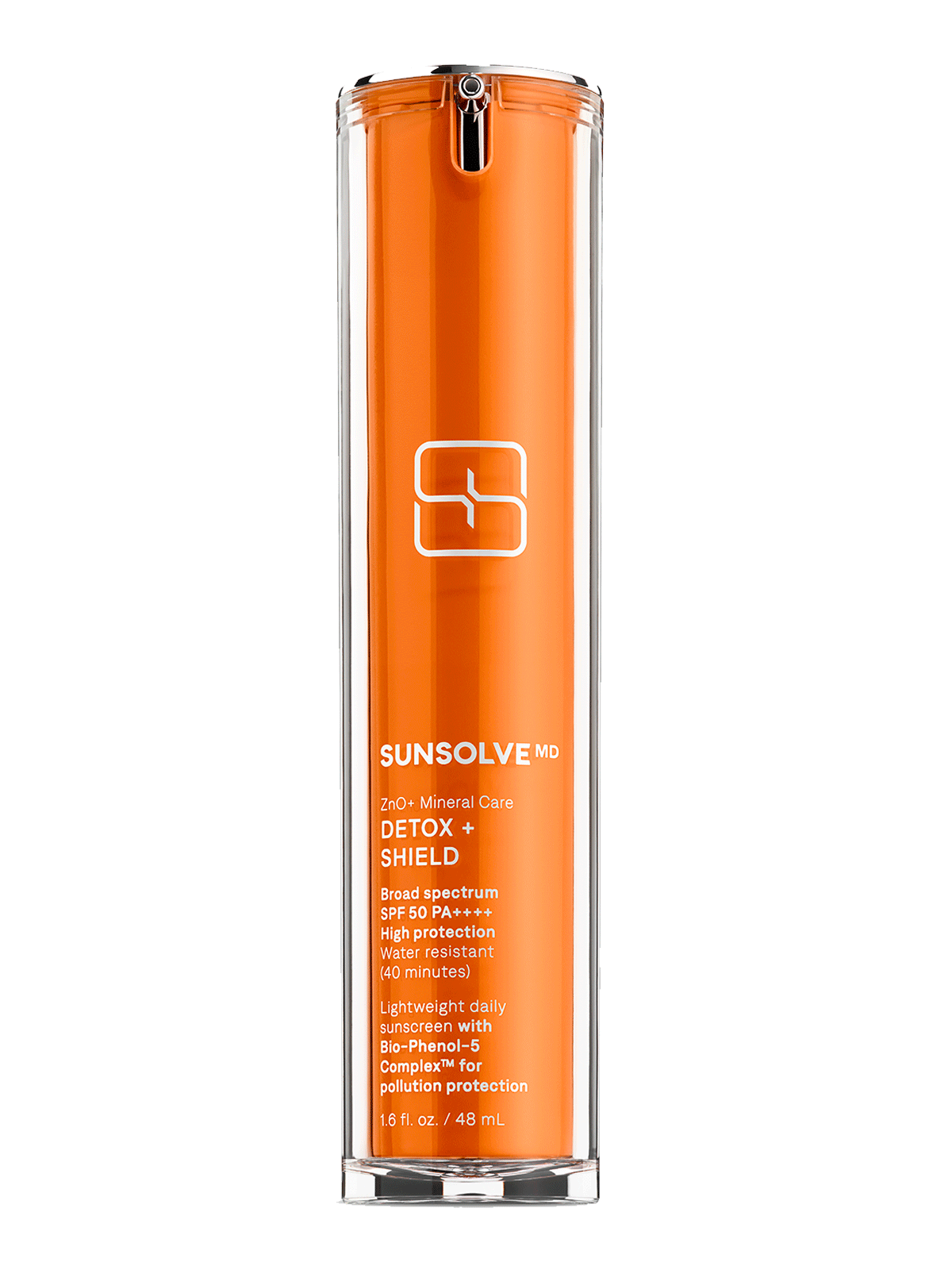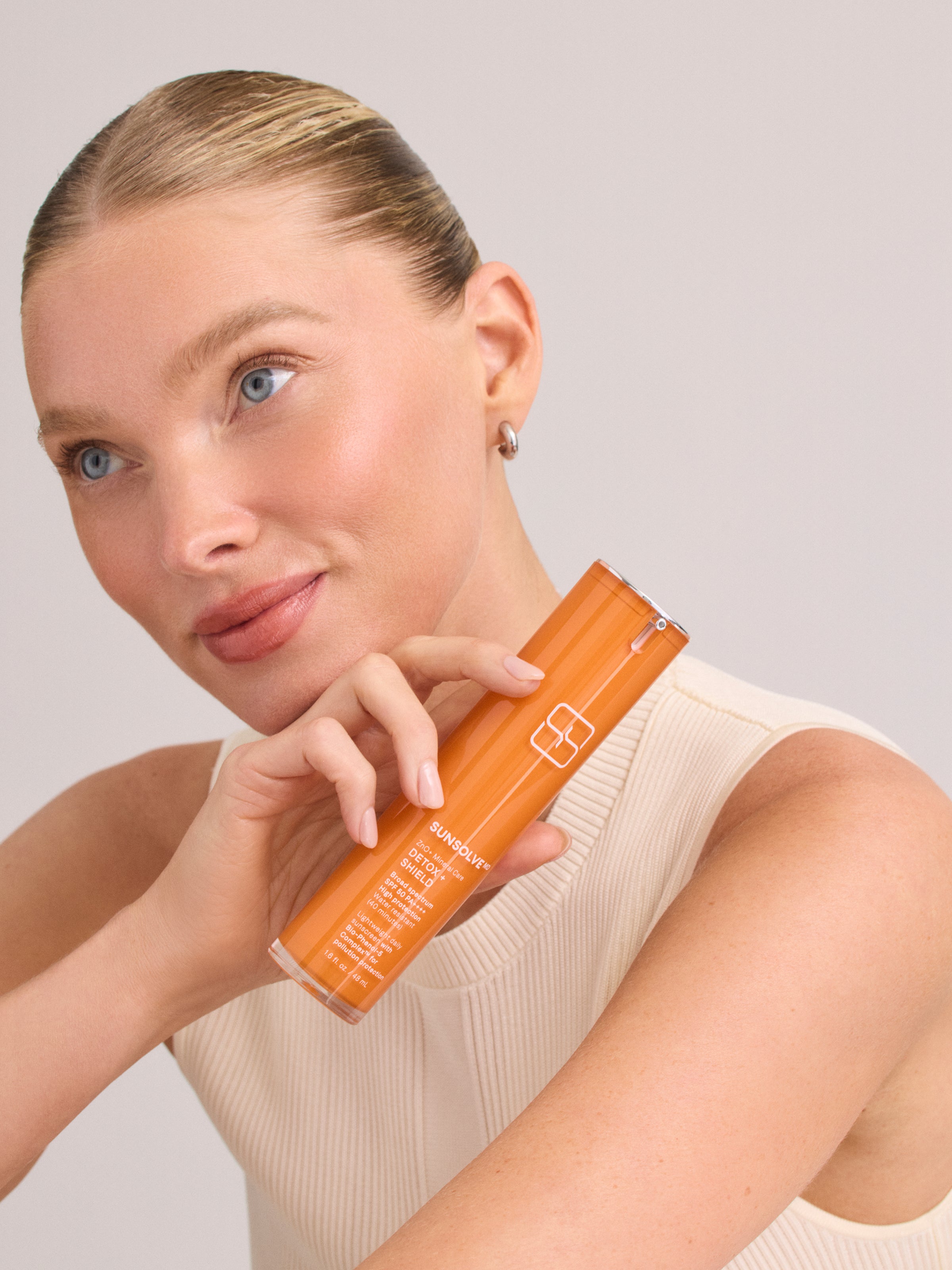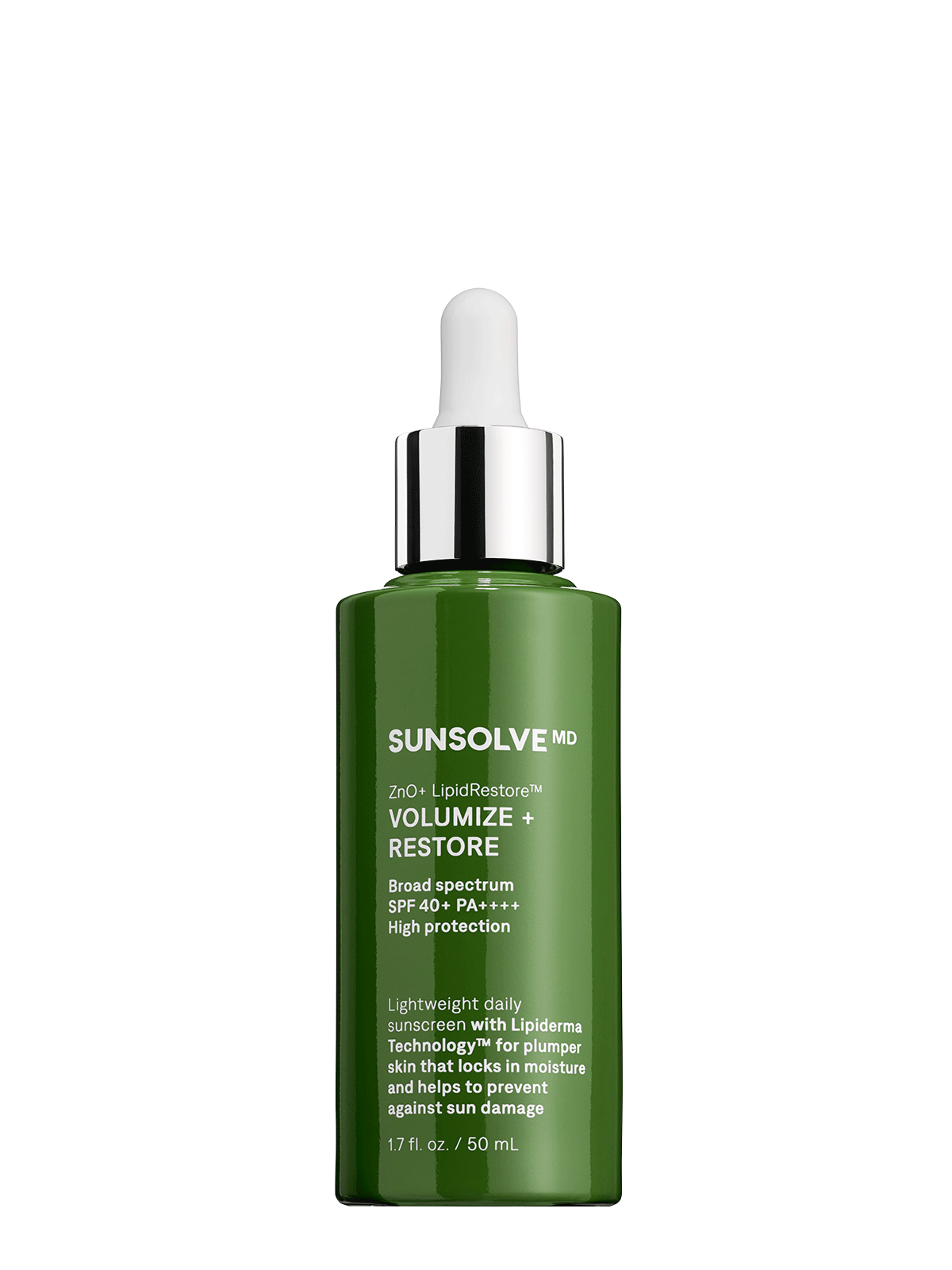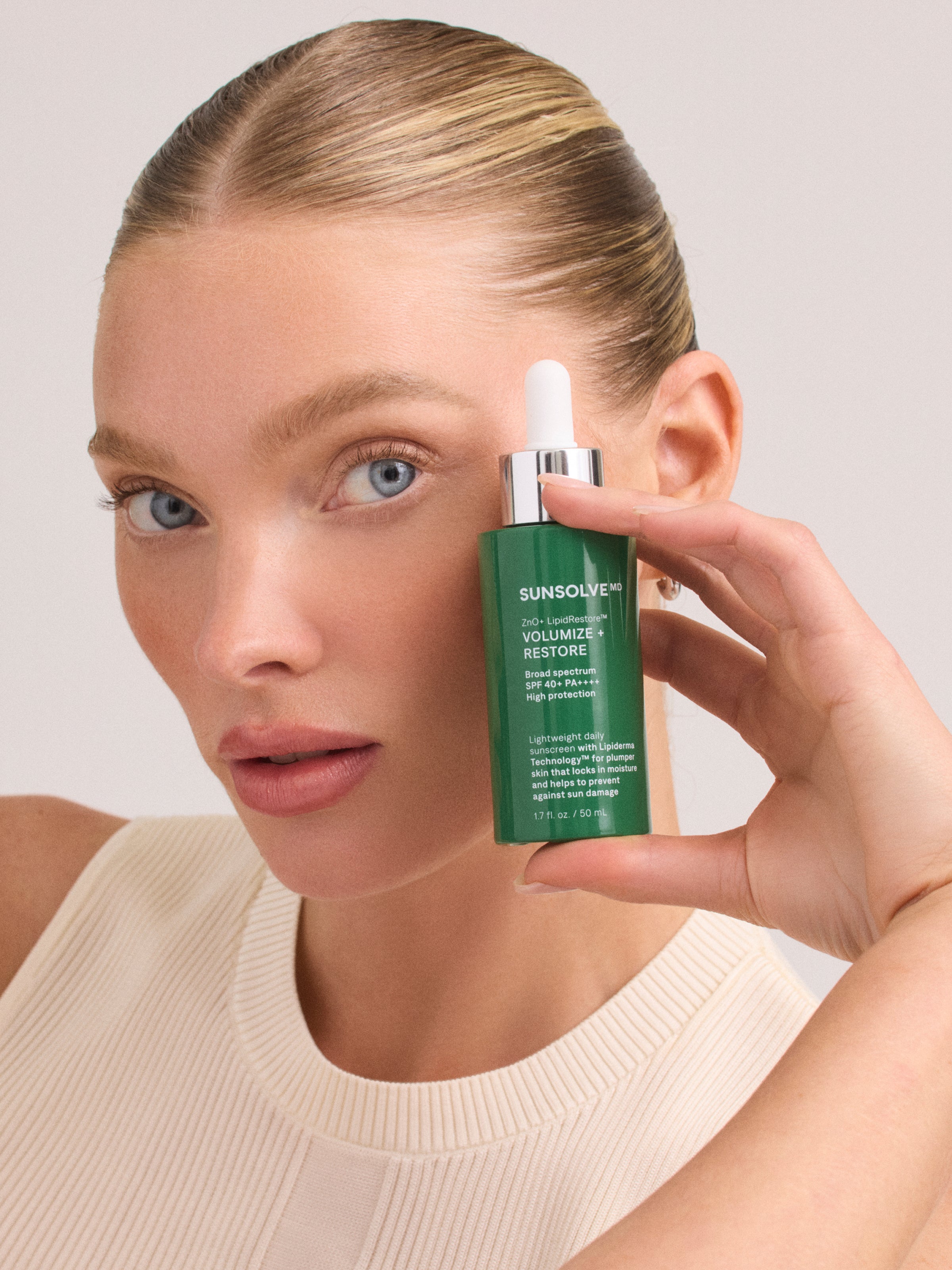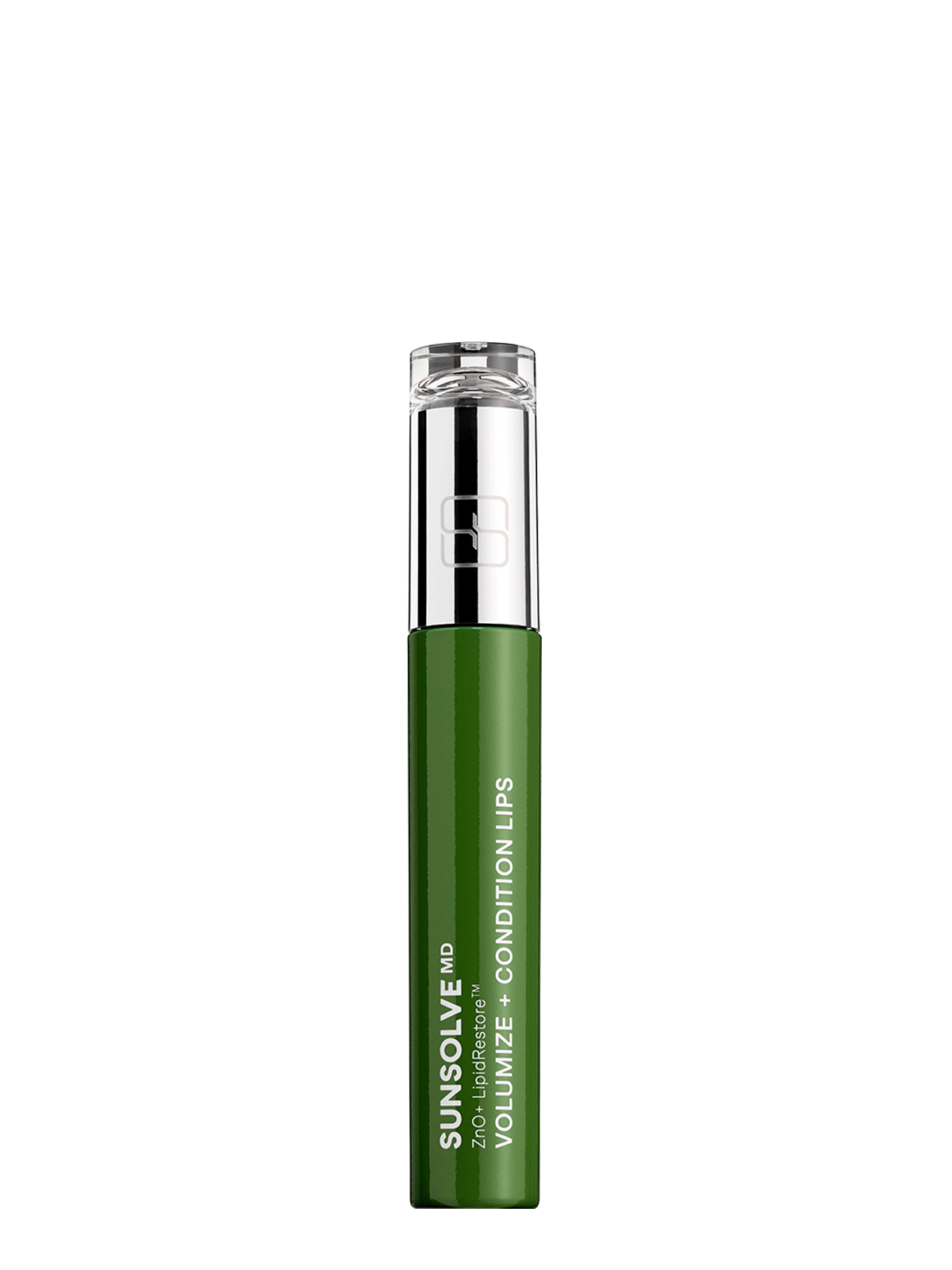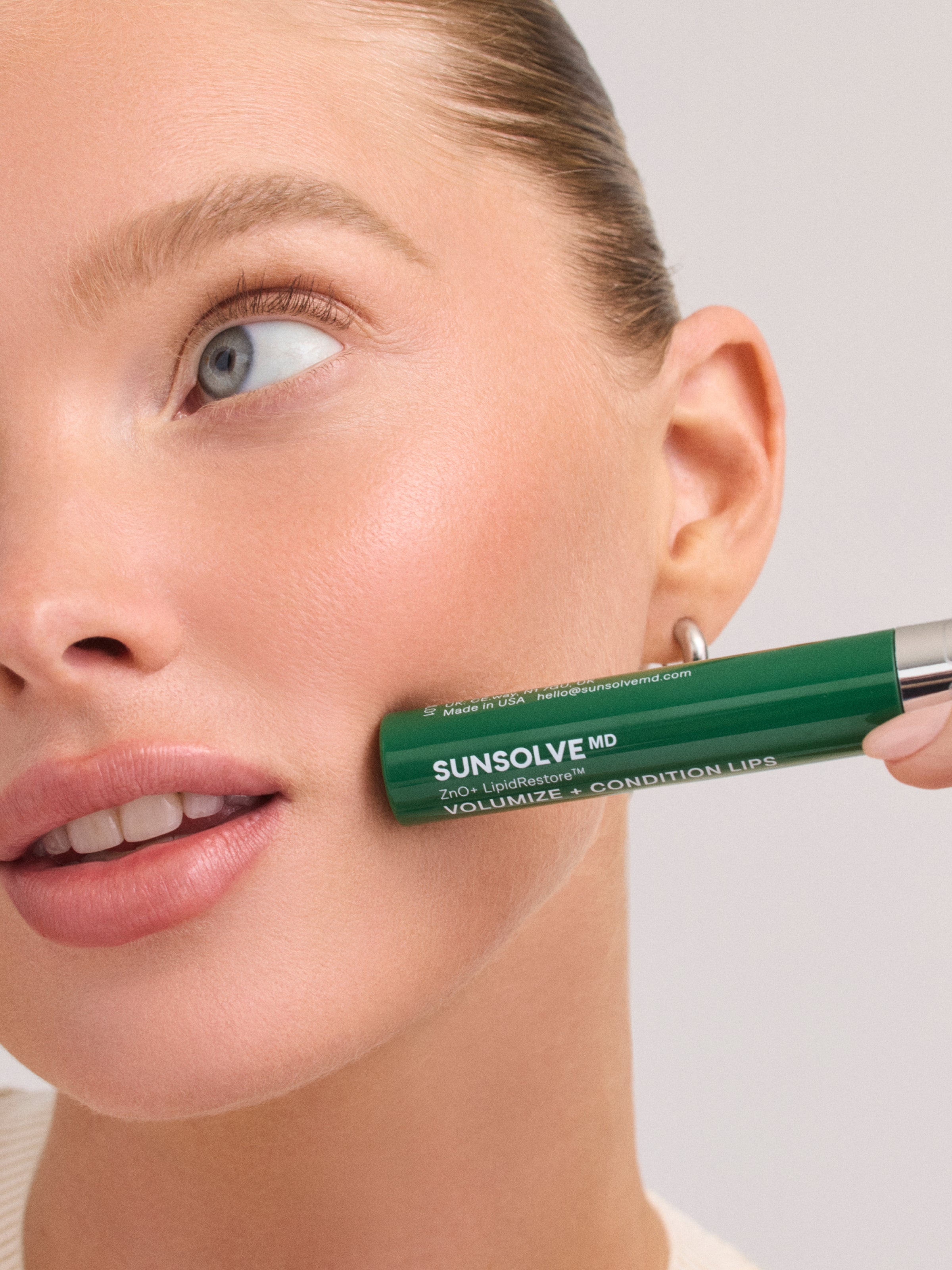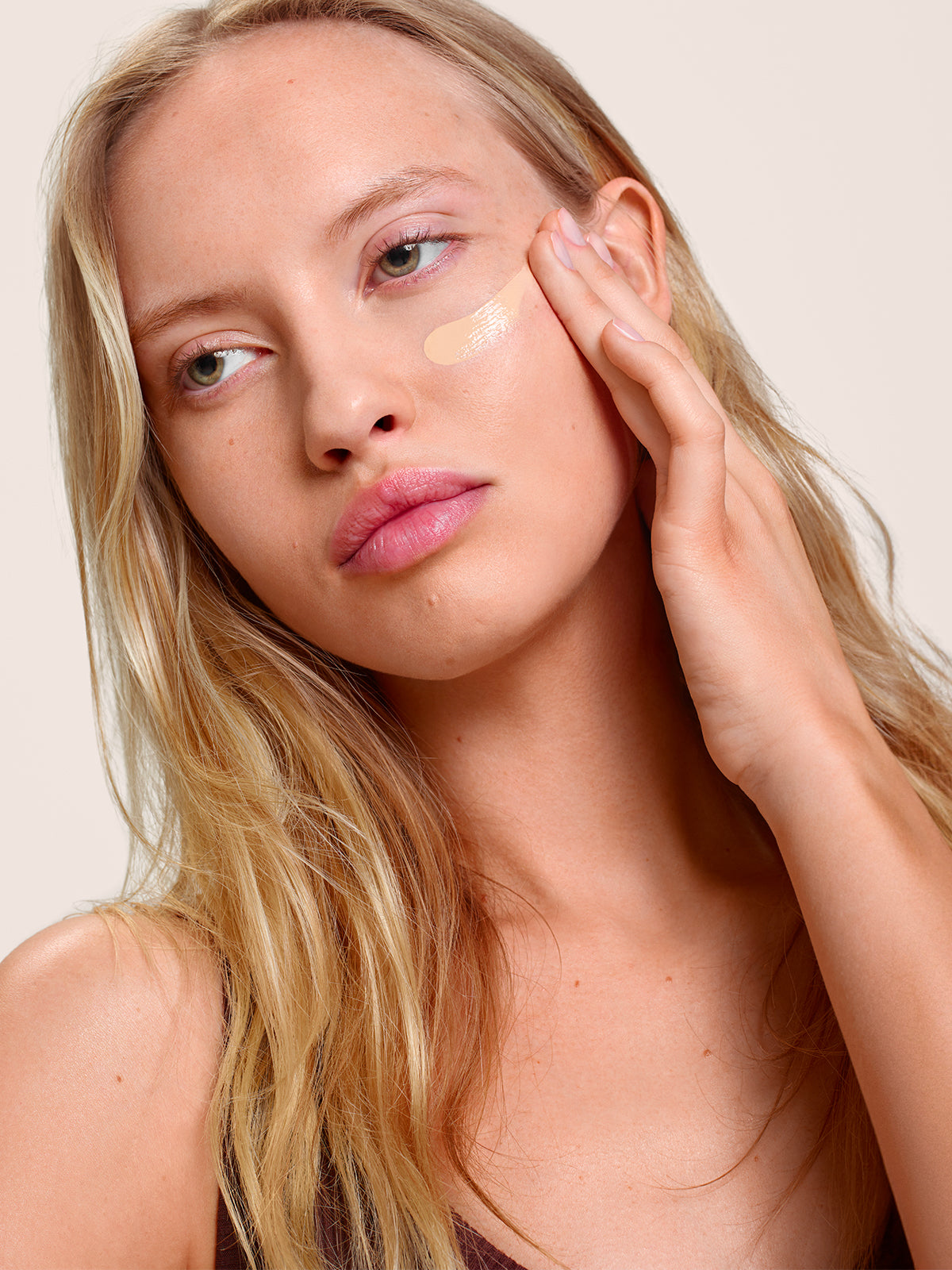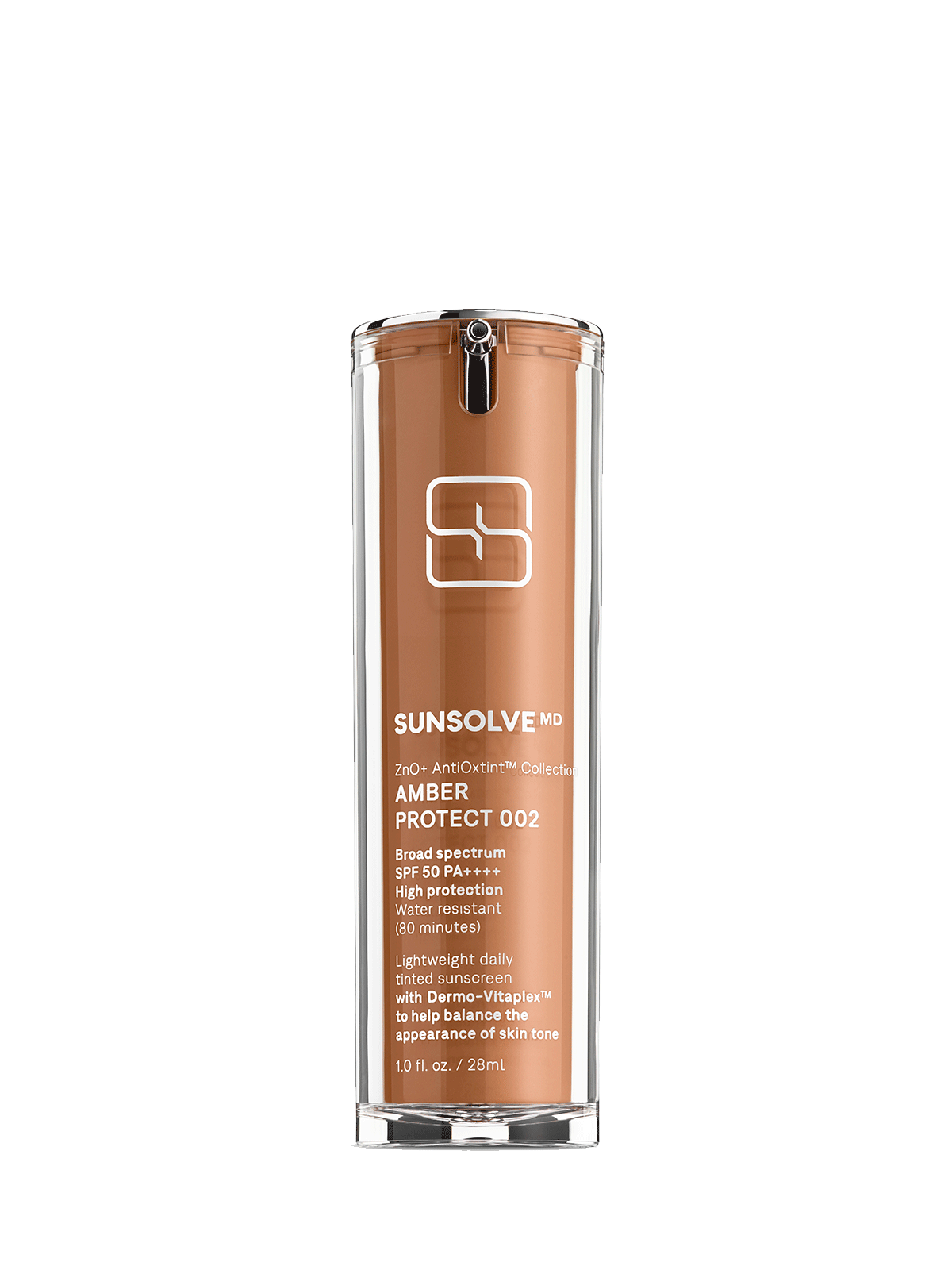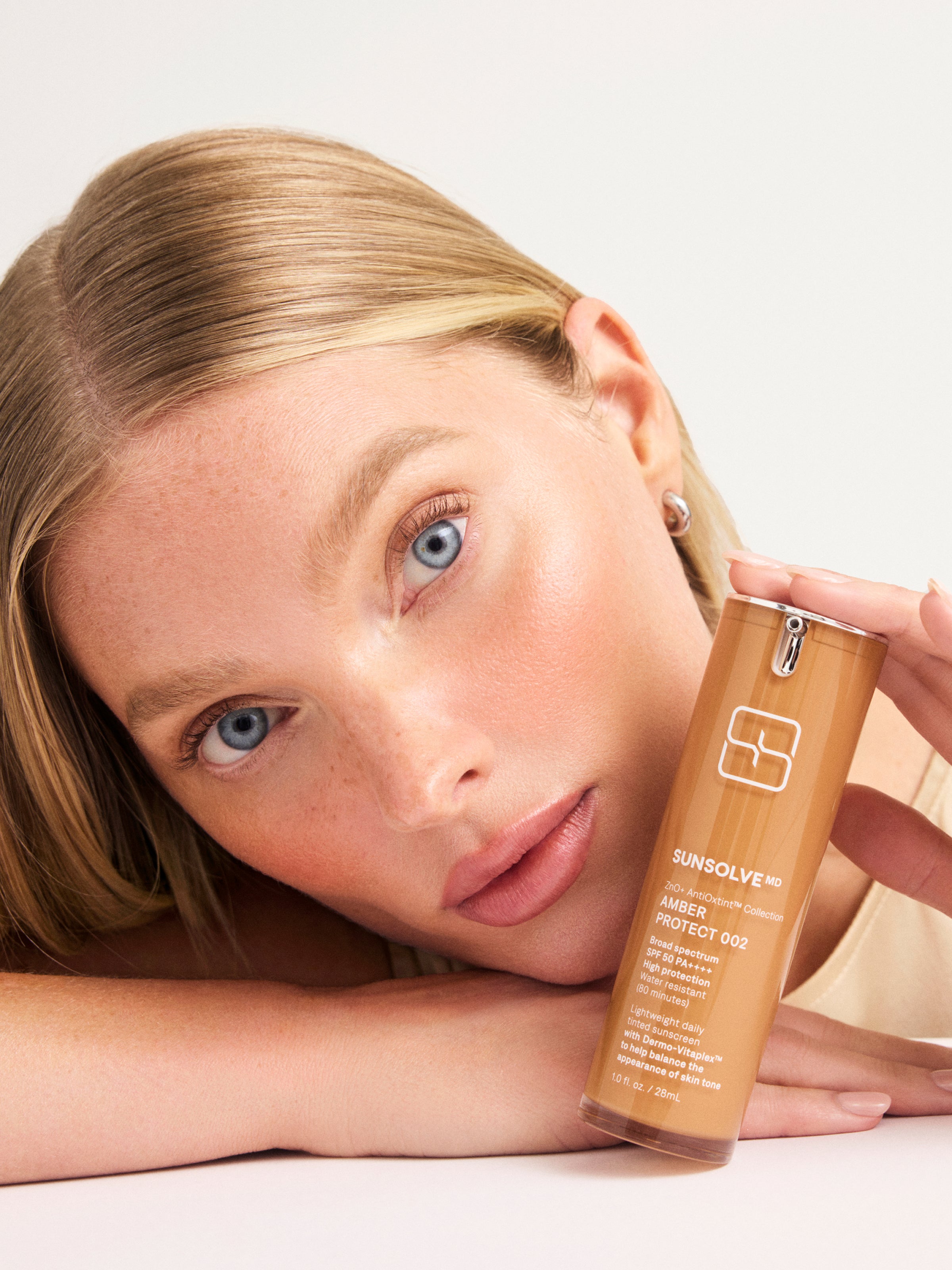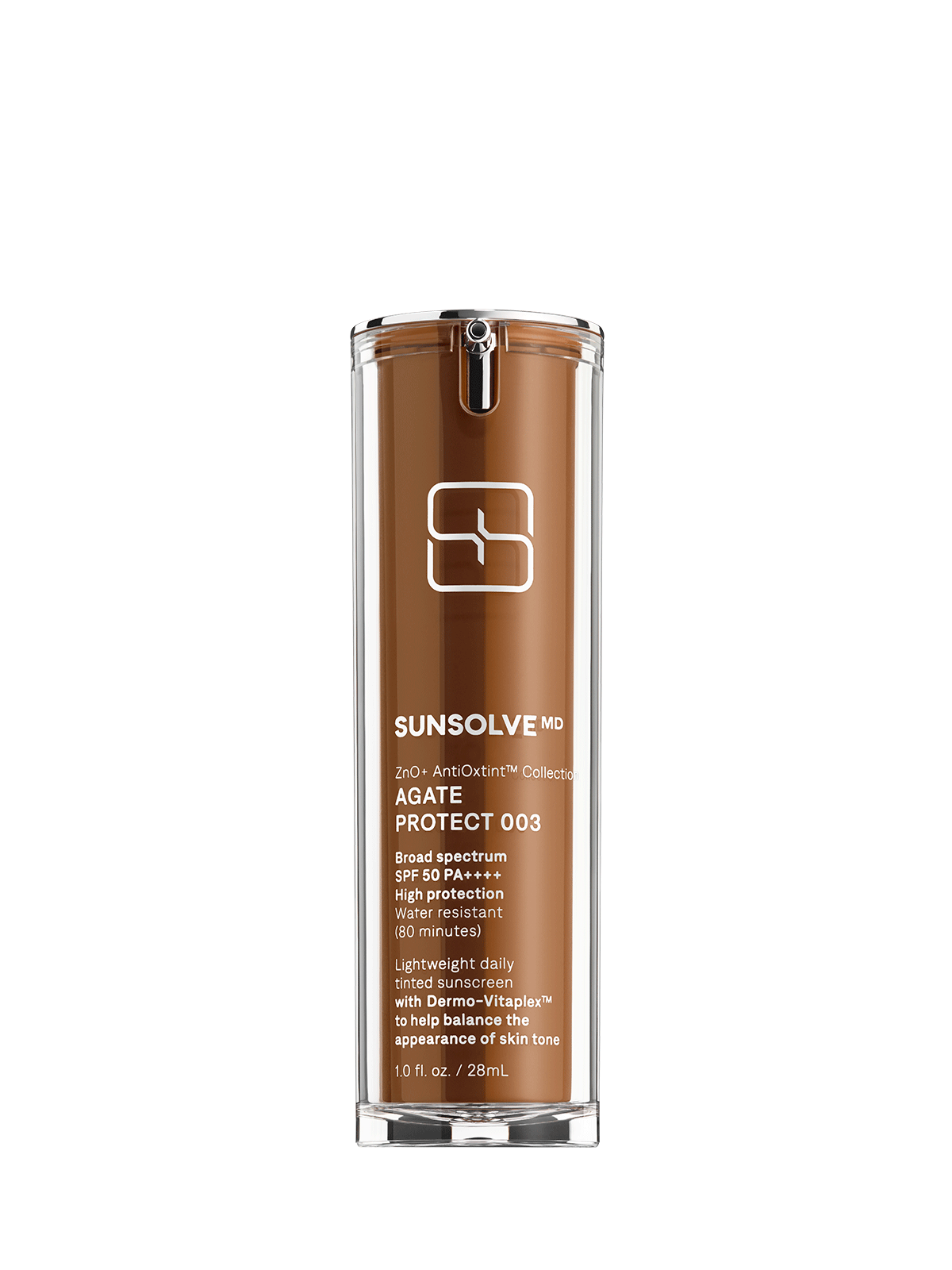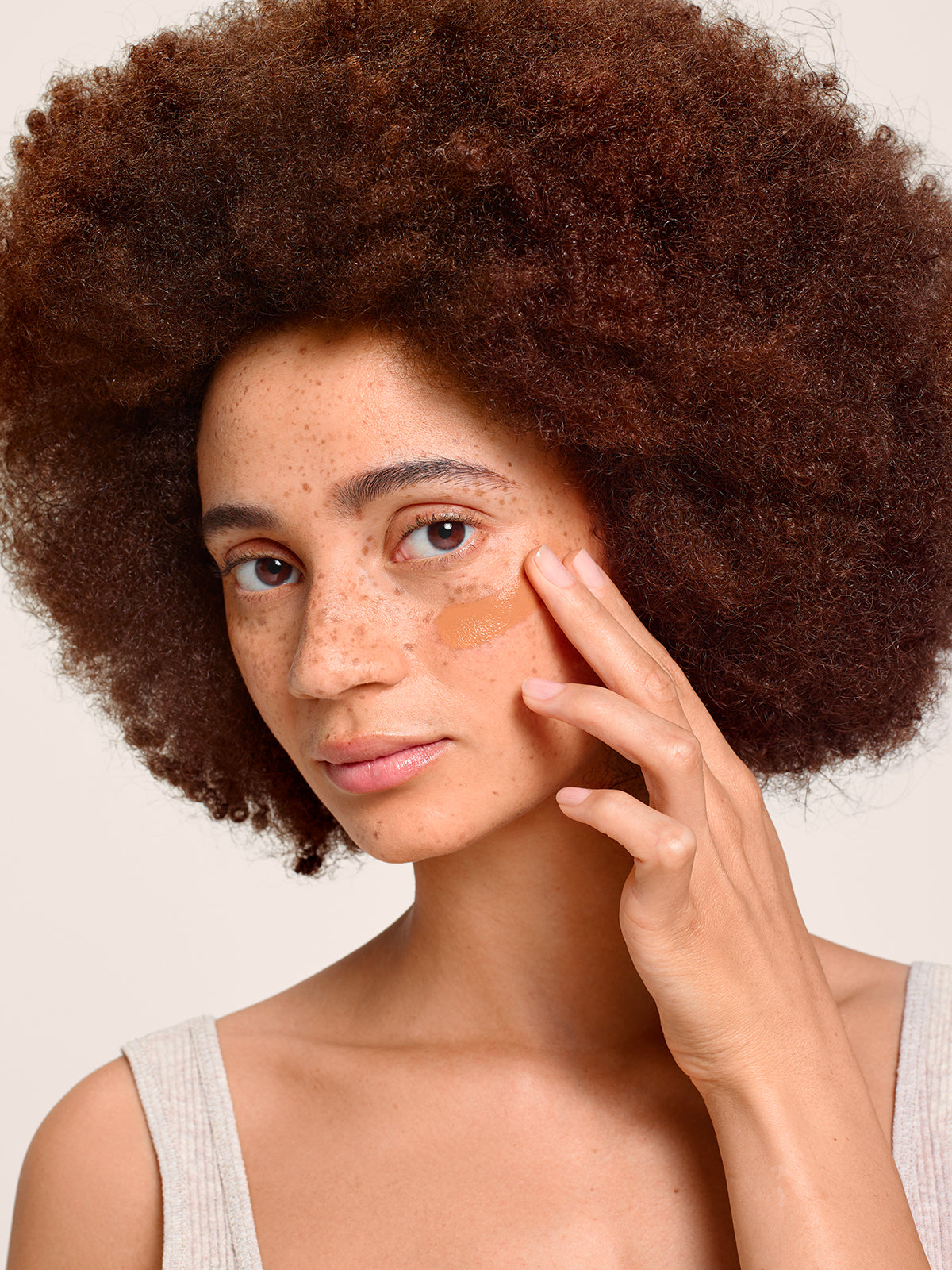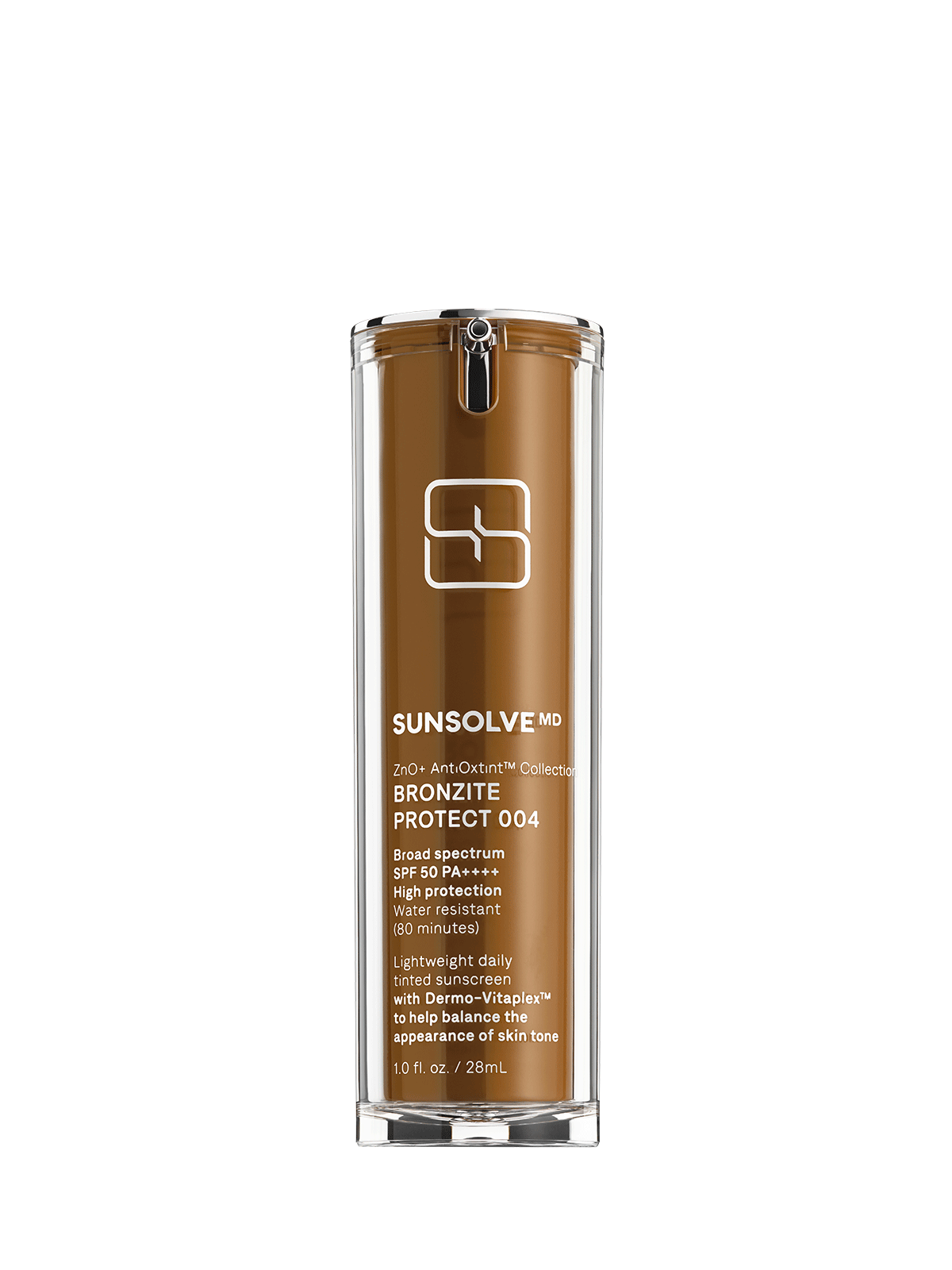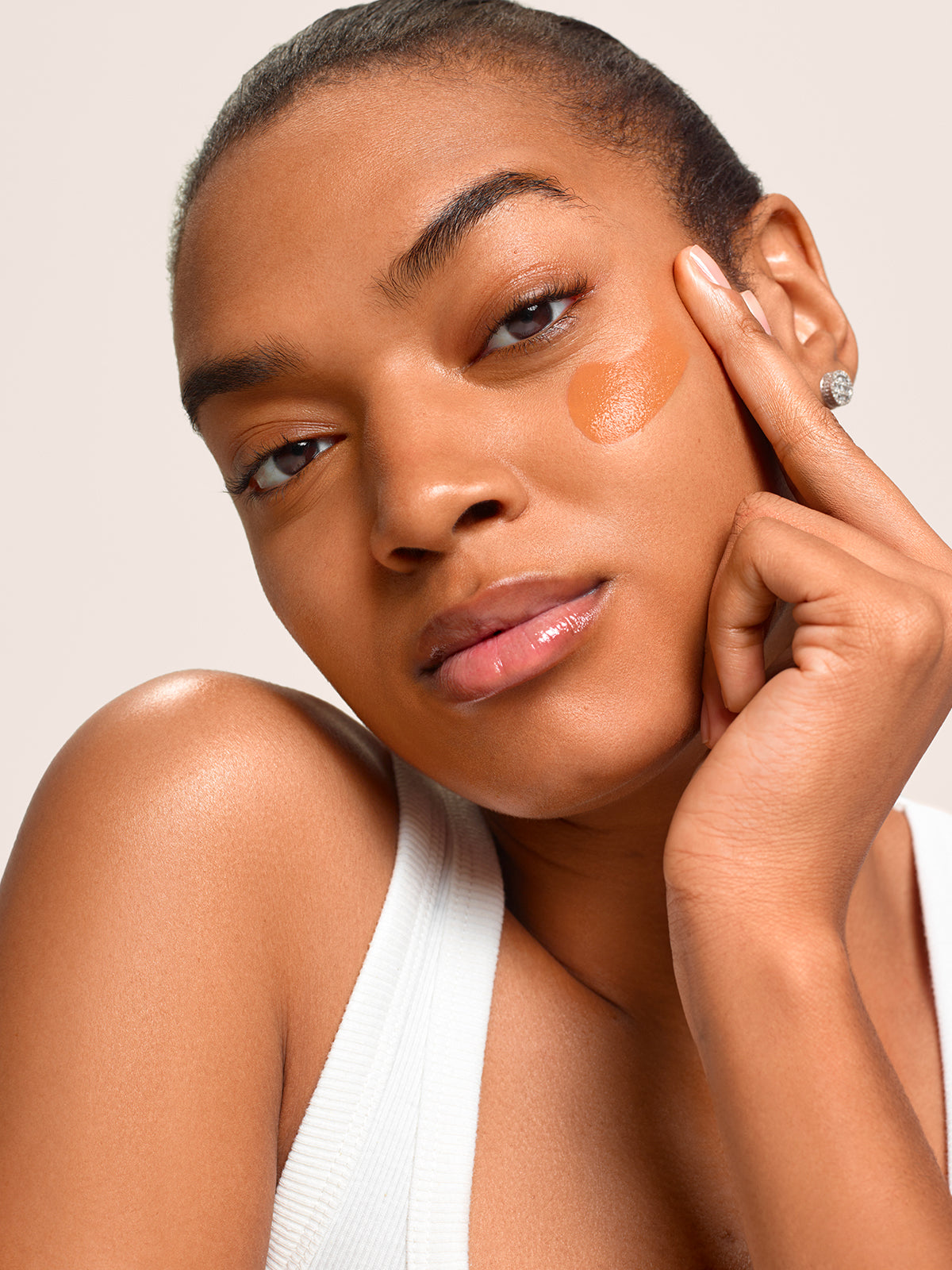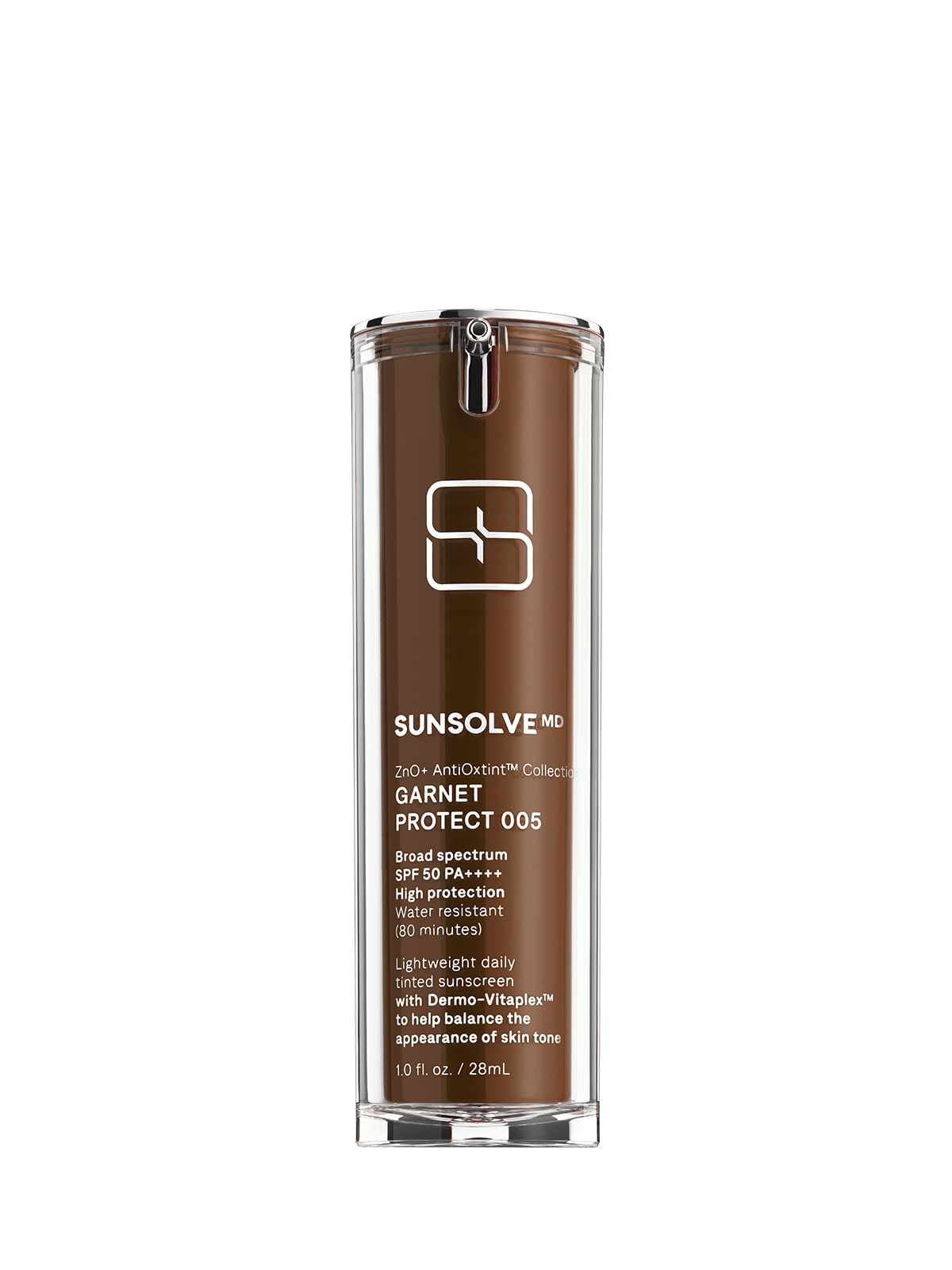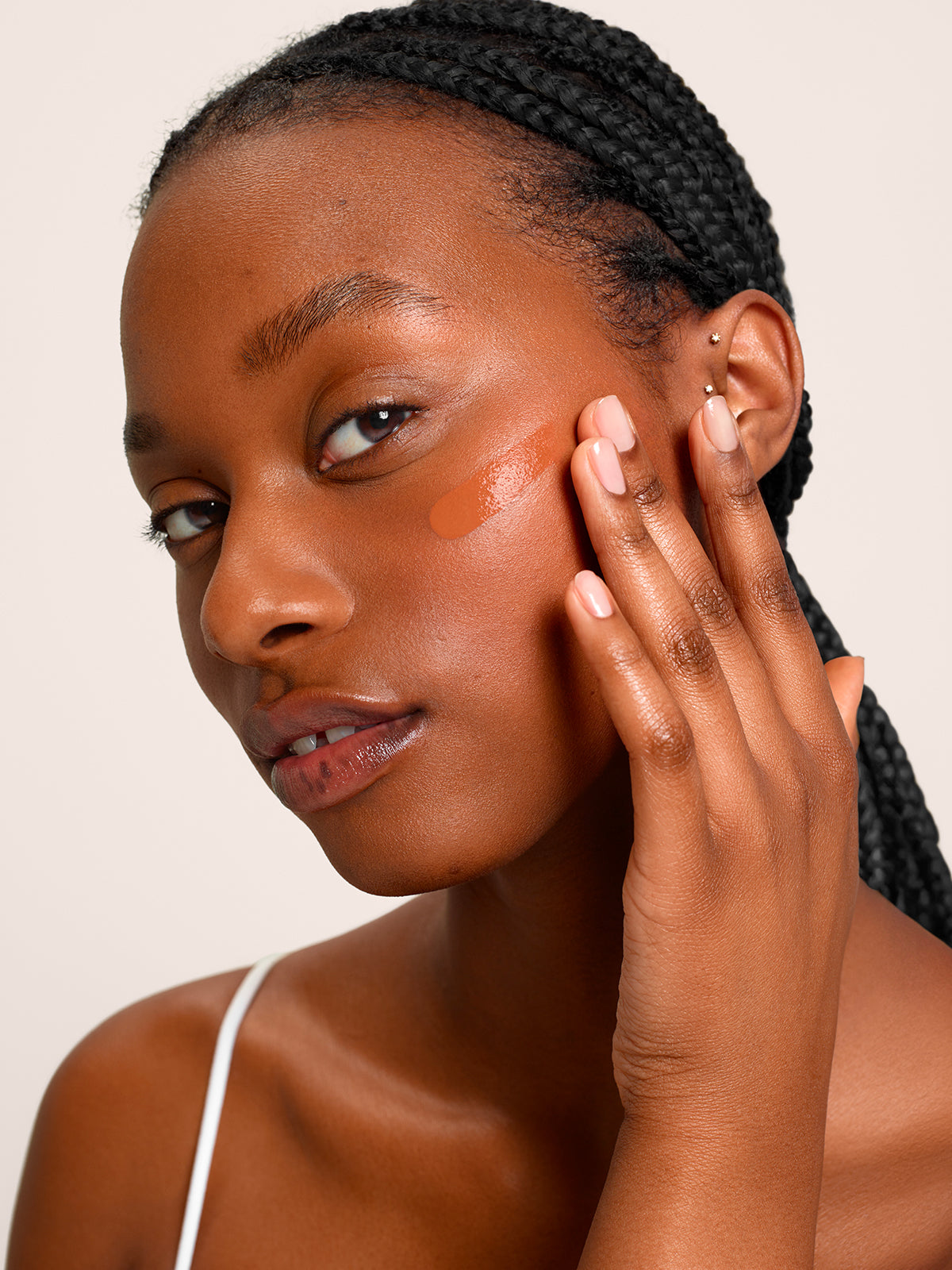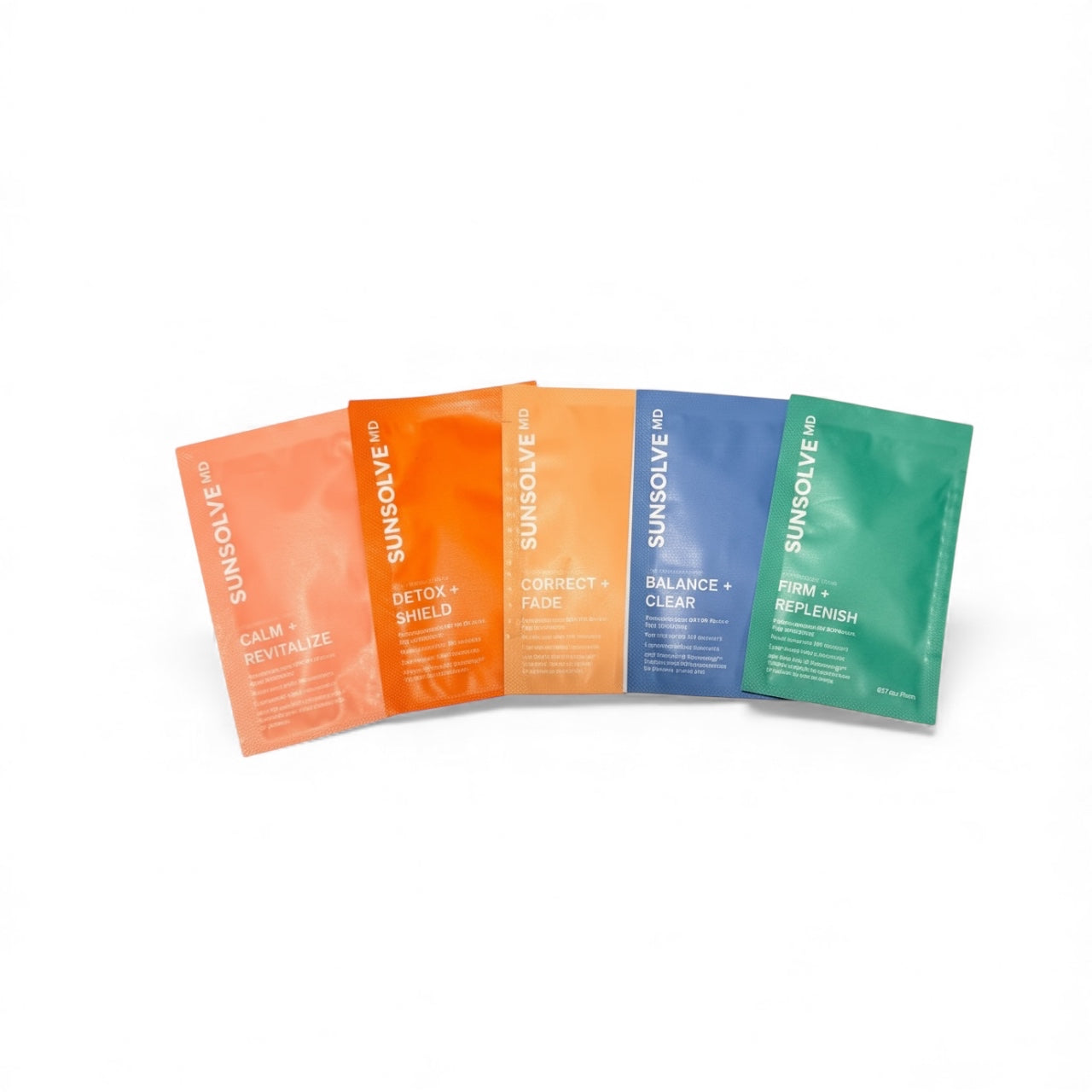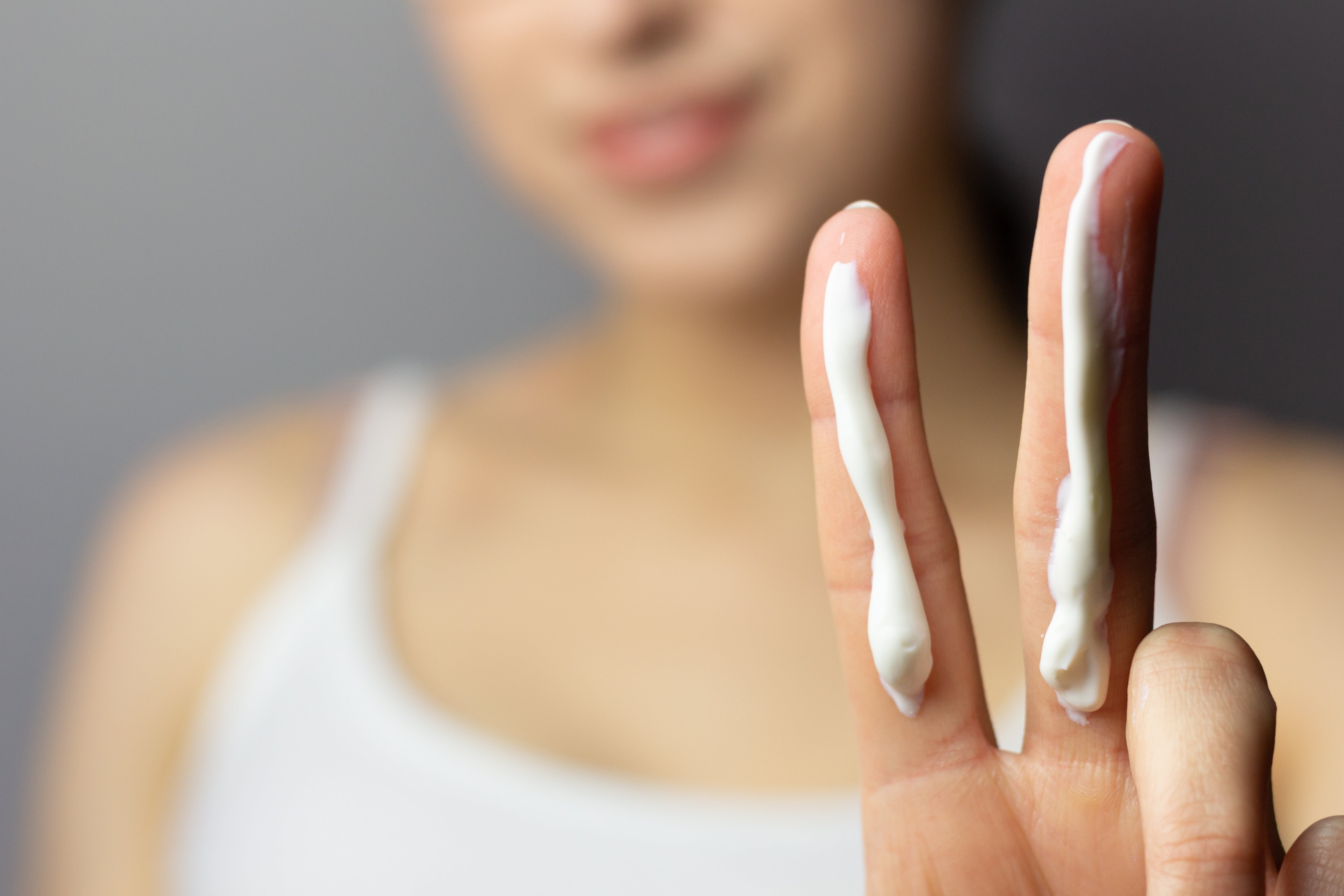
8 Common Mistakes You're Making with SPF
Despite increased awareness of the importance of sunscreen in skincare routines, even the most diligent enthusiasts may find themselves making simple mistakes when it comes to applying SPF correctly.
However, unfortunately, these mistakes often mean that any effort is likely to be wasted, as the skin is left partially or completely unprotected, allowing for the accumulation of UV damage and its consequences.
Therefore, to prevent product waste and boost the effectiveness of your skincare routine, here are eight common mistakes you may be making with SPF and how to correct them with simple sunscreen application tips.
Not Using Enough Product
Not using enough sunscreen is the most common mistake people make when applying this essential product.
The reason?
White cast, greasiness, and a heavy, suffocating feel on the skin caused by some formulas are commonly cited as the main deterrents, as many worry that a generous application will leave their skin looking pale or shiny throughout the day. However, unfortunately, applying less product means less effective protection, which will contribute to skin damage caused by UV rays.
The solution?
Rather than applying a thin layer of product, opt for a modern, lightweight formula that feels comfortable and blends seamlessly into the skin, specifically formulated for your unique skin needs.
Not Covering All Exposed Areas
While most of us know that we should apply sunscreen to our faces and necks, covering areas such as the hairline, ears, and even the eyelids is not a common practice.
Similarly, this oversight is sometimes due to unflattering formulas that leave a severe white cast or a greasy look and feel, disrupting hairstyles or makeup, but it can also stem from concerns such as stinging or watering eyes.
However, skipping these areas means leaving delicate skin unprotected and at greater risk of sunburn and cumulative UV damage.
Therefore, look for sunscreens that don't leave a greasy layer of product lingering on the skin's surface and are also suitable for sensitive areas, such as around the eyes.
For example, our ZnO+ Mineral Care Calm + Revitalize is a beautiful sunscreen for sensitive skin, formulated with a combination of gentle mineral filters and soothing antioxidants that provide adequate UV protection while supporting skin health.
Not Reapplying Often Enough
SPF isn’t permanent, and UV protection degrades over time due to exposure to sweat, oil, and environmental factors.
That means a single morning application won't keep you protected all day, especially if you are spending time outdoors.
Therefore, to ensure adequate protection and prevent UV damage, make sure to reapply your sunscreen every two hours.
If you wear makeup, you can opt for SPF sprays, sticks, or powders, as these formulas are specifically designed to be applied over cosmetics without smudging or caking your look.
On the other hand, if you prefer using liquid or cream formulas, gently pat sunscreen onto your skin with a makeup sponge or clean fingers to ensure an adequate boost of protection and nourishment.
Relying on SPF in Your Makeup
While foundations, BB creams, and tinted moisturizers with SPF offer some protection, they’re rarely enough on their own.
This might be due to the fact that most people don't apply enough product to achieve the labeled SPF, the coverage of the product is often applied unevenly, and even because some products contain a protection level that is too low to prevent skin damage.
Therefore, instead of relying solely on your complexion products for sun protection, be sure to apply a generous amount of SPF before doing your makeup.
Alternatively, if you enjoy the convenience of a product that does it all, consider switching to SunsolveMD's tinted mineral sunscreens, which offer broad-spectrum protection while blending seamlessly to even out the complexion and support skin health every day of the year.
Using the Wrong Formula for Your Skin Type
Using the wrong product can often result in irritation, clogging, and breakouts, which, coincidentally, are also common reasons those prone to acne tend to avoid sunscreens.
Sunscreens often have greasy textures and are packed with ingredients such as oils, emollients, and silicones that could potentially be problematic for acne-prone skin, as they can contribute to clogging and exacerbate pimples.
However, avoiding sunscreen altogether could also potentially result in even more acne down the line, as UV rays can trigger inflammatory reactions in the skin, which may lead to exacerbated symptoms such as redness and swelling.
The best way to deal with breakouts is to wear sunscreen that is specifically tailored to meet your unique skin needs, without worsening its delicate condition, such as SunsolveMD's Balance + Clear lotion, which is a fantastic SPF for oily skin formulated with mineral-based zinc oxide and a lightweight texture that provides all-day protection without causing irritation that may worsen blemishes over time.
Only Wearing Sunscreen in the Summer
Many of us are guilty of reserving sunscreen use only for sunny summer days or vacations.
However, this seasonal approach leaves your skin vulnerable to UV damage year-round, as certain rays, such as the UVAs, do not cause you to burn but are present every day, at the same intensity regardless of weather or season with the same capacity to cause severe skin damage as much as a single sunburn.
These rays carry environmental pollutants that penetrate deep into the skin and directly affect the DNA of cells, causing them to become slow to recover and leading to the accumulation of damage, which often manifests on the skin as premature aging, uneven skin tone, and hyperpigmentation.
Therefore, incorporating daily sunscreen, such as unique formulas like SunsolveMD's Detox + Shield, which contain powerful antioxidants to defend your skin against both UV and environmental pollution, not only means protection but also consistent maintenance of a healthy, radiant complexion all year round.
Forgetting About Expiry Dates
Like all skincare products, sunscreens have expiration dates that must be respected to ensure they provide adequate protection at all times.
Over time, the active ingredients in sunscreen degrade and lose their effectiveness, meaning that expired sunscreen may no longer effectively shield your skin from harmful UV rays.
Expired sunscreens may also show physical changes, such as separation, changes in texture, color, or scent, which are good indicators that the product is no longer reliable.
In addition to not protecting your skin to the best of their abilities, other expired sunscreen effects may include irritation and allergic reactions, which can further compromise the skin's ability to recover from damage.
Therefore, regularly checking your sunscreen’s expiration date and replacing old or degraded products is a simple yet crucial step to ensure your skin remains fully protected and supported every time you step outside.
Applying Makeup Immediately After Sunscreen
Applying makeup immediately after sunscreen may not allow the product enough time to set, which can cause it to move around, leading to uneven coverage and reduced protection in some areas.
To avoid this, allow your sunscreen to set for anywhere from 3 to 5 minutes before applying complexion products to ensure maximum protection against UV damage.
However, if you often find yourself in a hurry while getting ready, explore SunsolveMD's tinted sunscreen range for a product that's lightweight, blendable, and offers protection and coverage without the wait.
Bottom Line
Whether you are an SPF-savvy individual or a beginner just starting to gain awareness of the importance of sunscreen in your daily routine, anyone can make simple mistakes that can leave their skin vulnerable to damage.
Therefore, by understanding and avoiding these common pitfalls, you can significantly enhance your sun protection and, consequently, your overall skin health.
Additionally, with innovative options like SunsolveMD, which cater to every skin type, routine, and habit, making sun protection a seamless and efficient part of your daily routine is easier than ever, regardless of the season.
References
Anna Lien-Lun Chien, M.D. Sunscreen and Your Morning Routine. Available at: https://www.hopkinsmedicine.org/health/wellness-and-prevention/sunscreen-and-your-morning-routine
